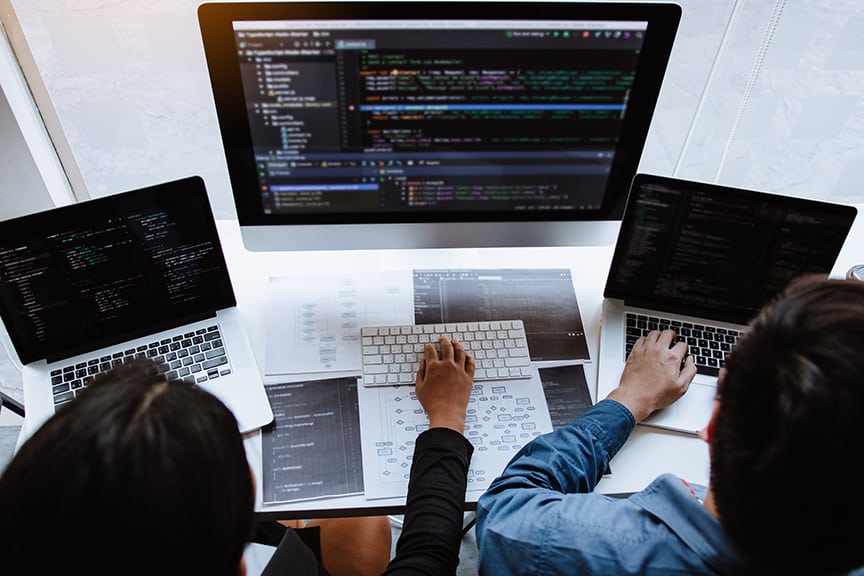Updating software typically refers to minor changes made to the software to fix bugs, patch security vulnerabilities, or make minor improvements to functionality. These updates are released frequently and are essential to ensure the software runs smoothly and securely. The reasons for regularly updating software include:
Security: Updates often include patches for vulnerabilities that hackers could exploit.
Compatibility: Regular updates ensure software remains compatible with other systems and technologies.
Performance: Minor improvements in updates can significantly enhance the efficiency and speed of the software.
On the other hand, upgrading software involves more significant changes because it involves software development. It’s like moving to a newer software version, often with enhancements and new features. Upgrades are not as frequent as updates but are essential to the software’s developmental evolution. The reasons for upgrading software include:
New Features: Upgrades introduce new functionalities and tools that can improve productivity and user experience.
Relevancy: Software must evolve to stay relevant to current technology trends, user demands, and market requirements.
Viability: Regular upgrades ensure the software does not become obsolete, maintaining its usefulness and value over time.
Investing in regular updates and upgrades is a necessity and a strategic business decision. Regular maintenance can be more cost-effective in the long run, preventing costly overhauls or emergency fixes, so a business should budget for software maintenance. A budget to keep software updated and upgraded mitigates security breaches and system failure risks. Also, budgeting for updating your software provides a competitive edge through improved functionalities and efficiencies.
Updating and upgrading the software by the team who originally developed it also offers several advantages. The original developers have an in-depth understanding of the software’s architecture and can efficiently implement changes. Maintenance by the original developers also ensures consistency in the software’s evolution to continue its integrity and usability. Your original developers can provide more personalized maintenance solutions that align closely with the initial vision and objectives of the software.
Regularly updating and upgrading software is crucial for any business relying on digital technologies. While updates focus on minor but essential improvements and security patches, upgrades involve significant enhancements that push the software forward. Budgeting for these processes is a technical necessity and a strategic investment in the business’s future. Contact Becky Faith at 502.465.5104 to learn how FocustApps can help your business operate smoothly with consistent software maintenance.




